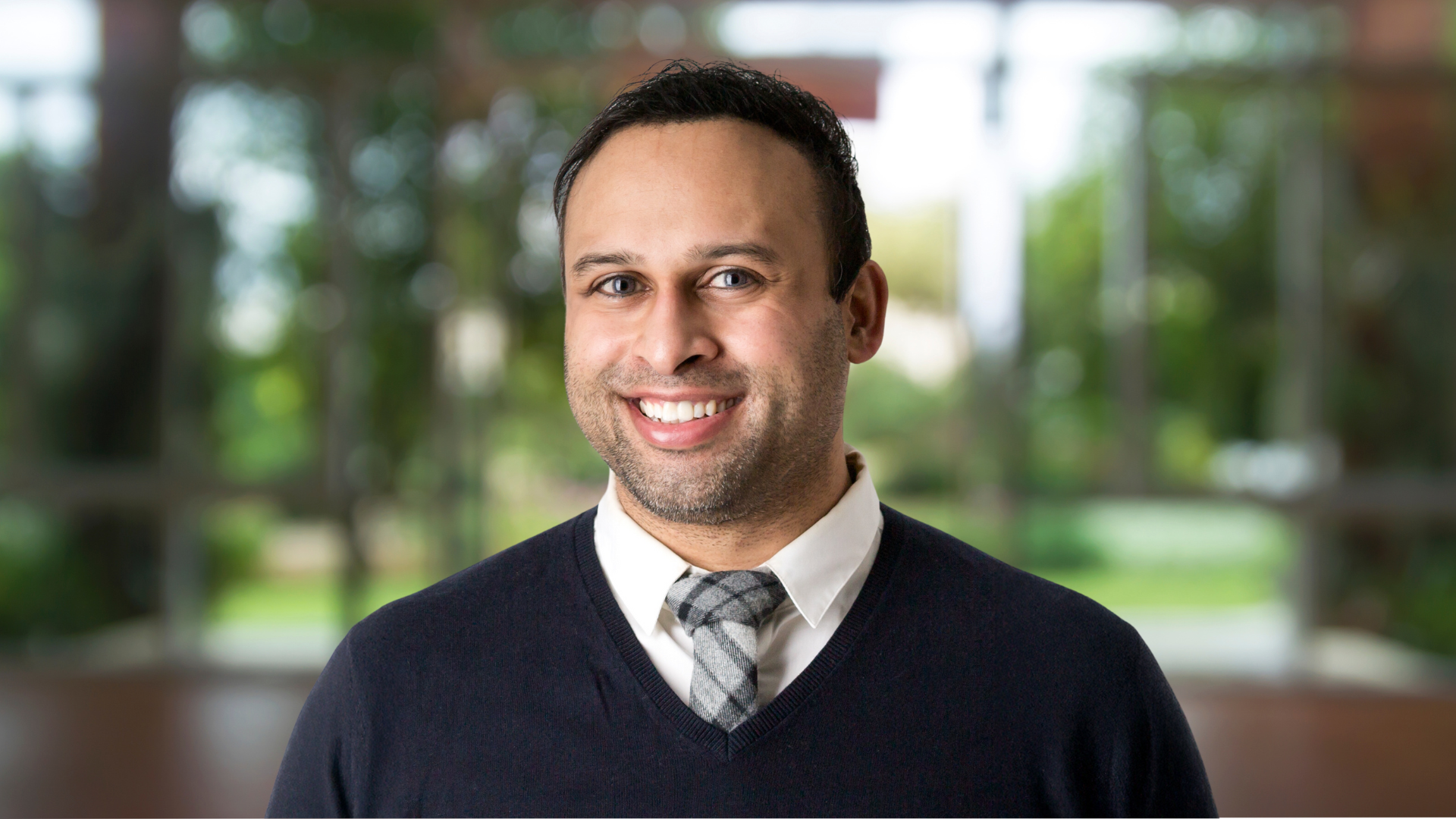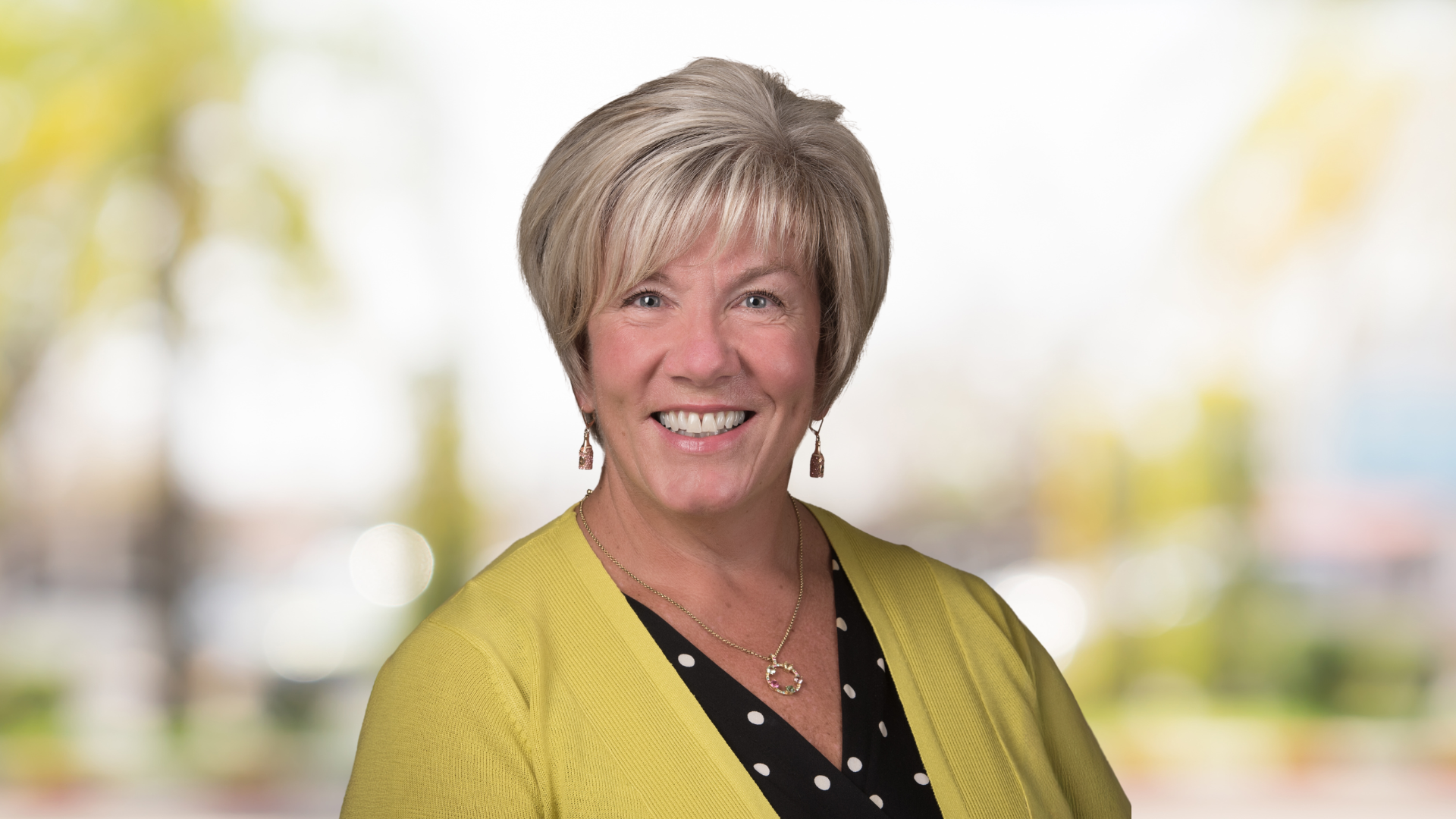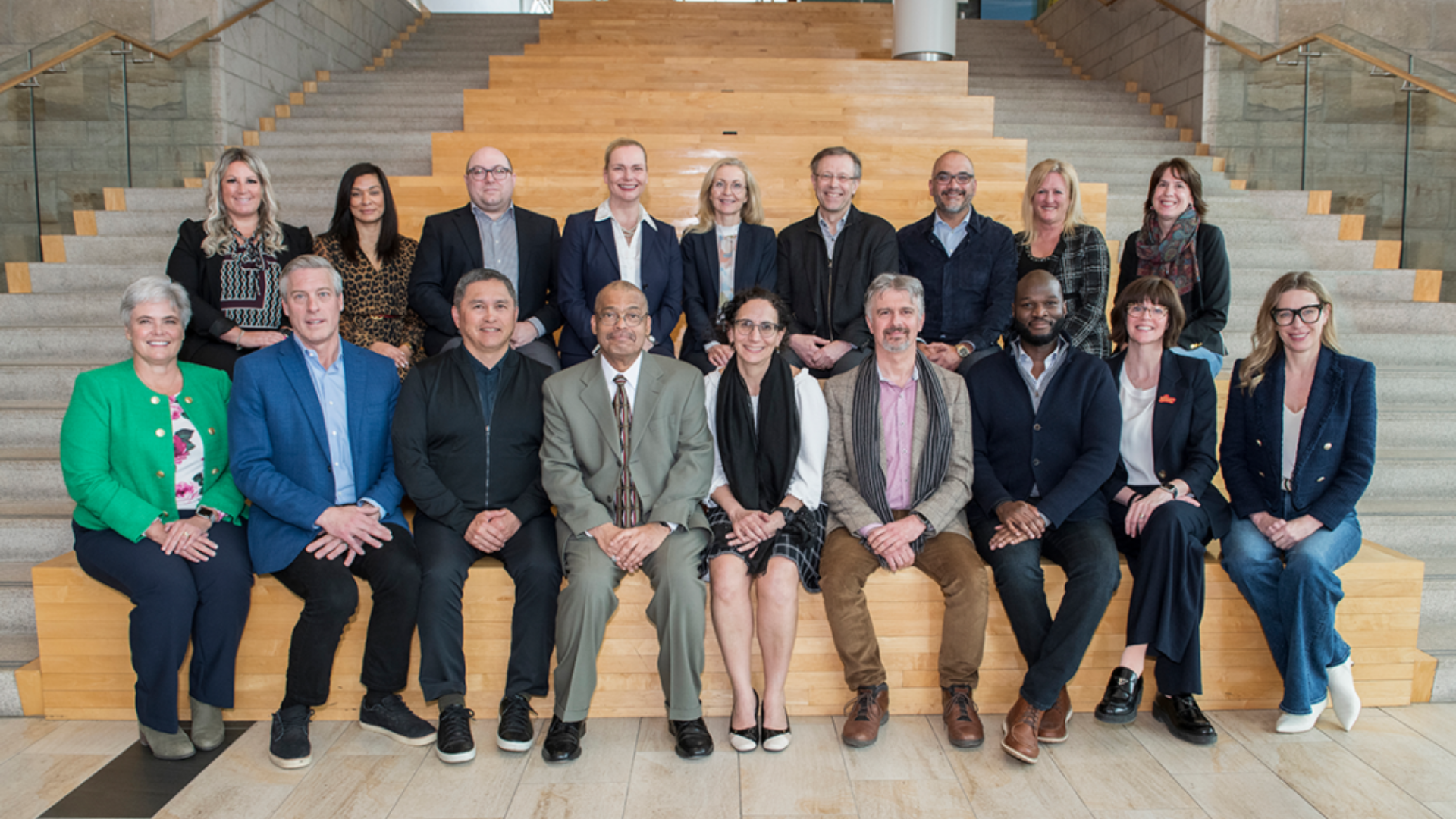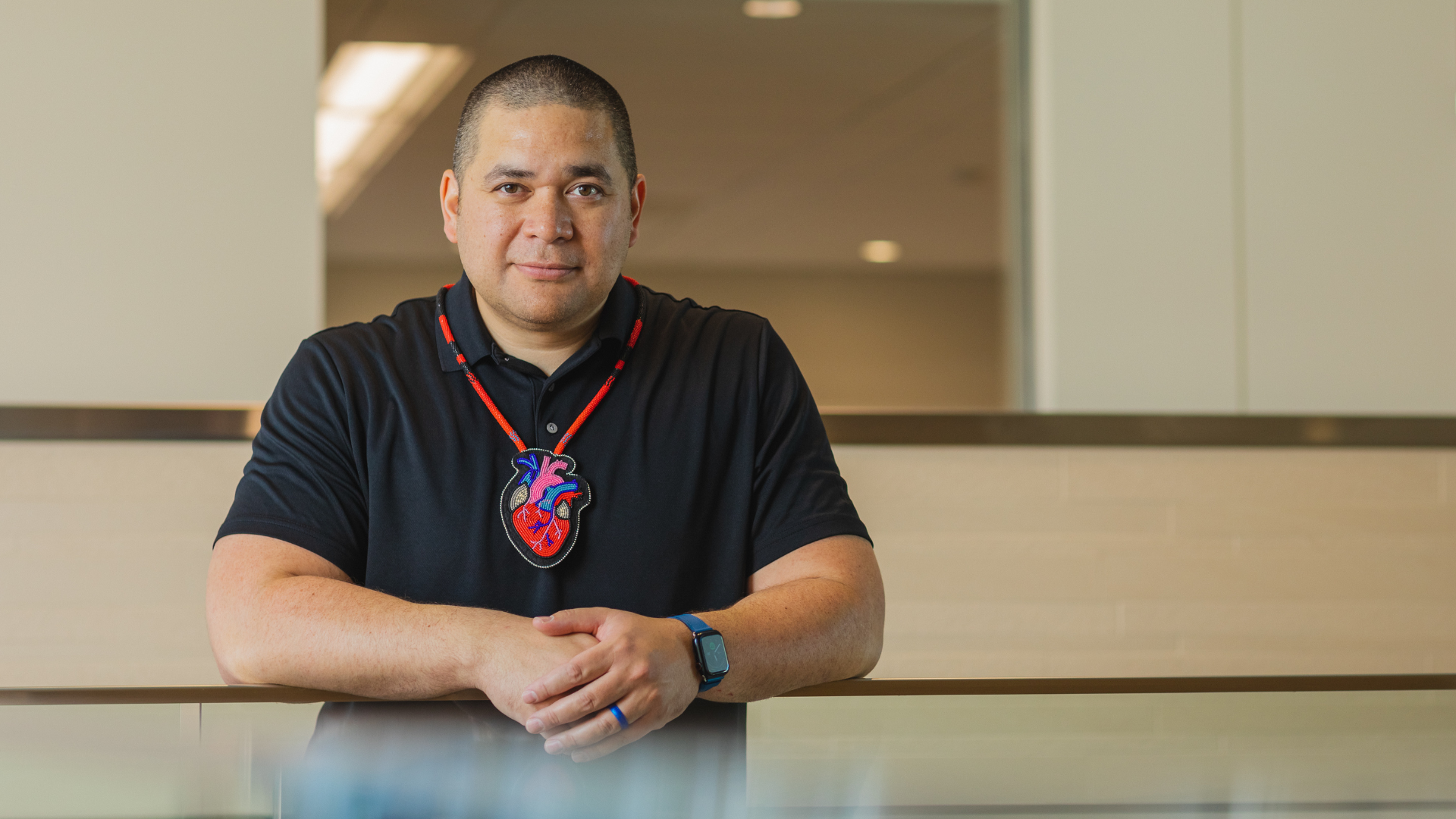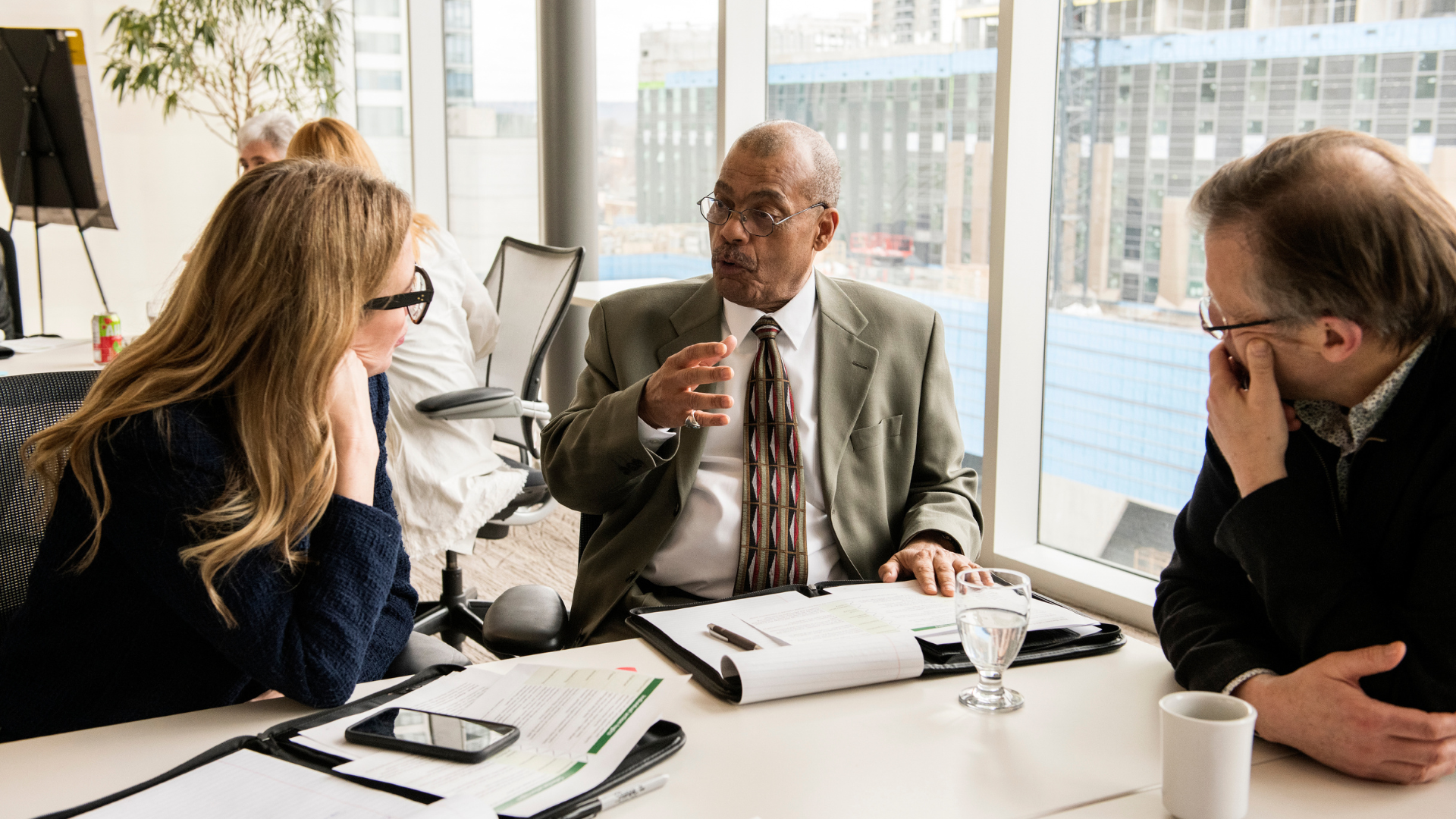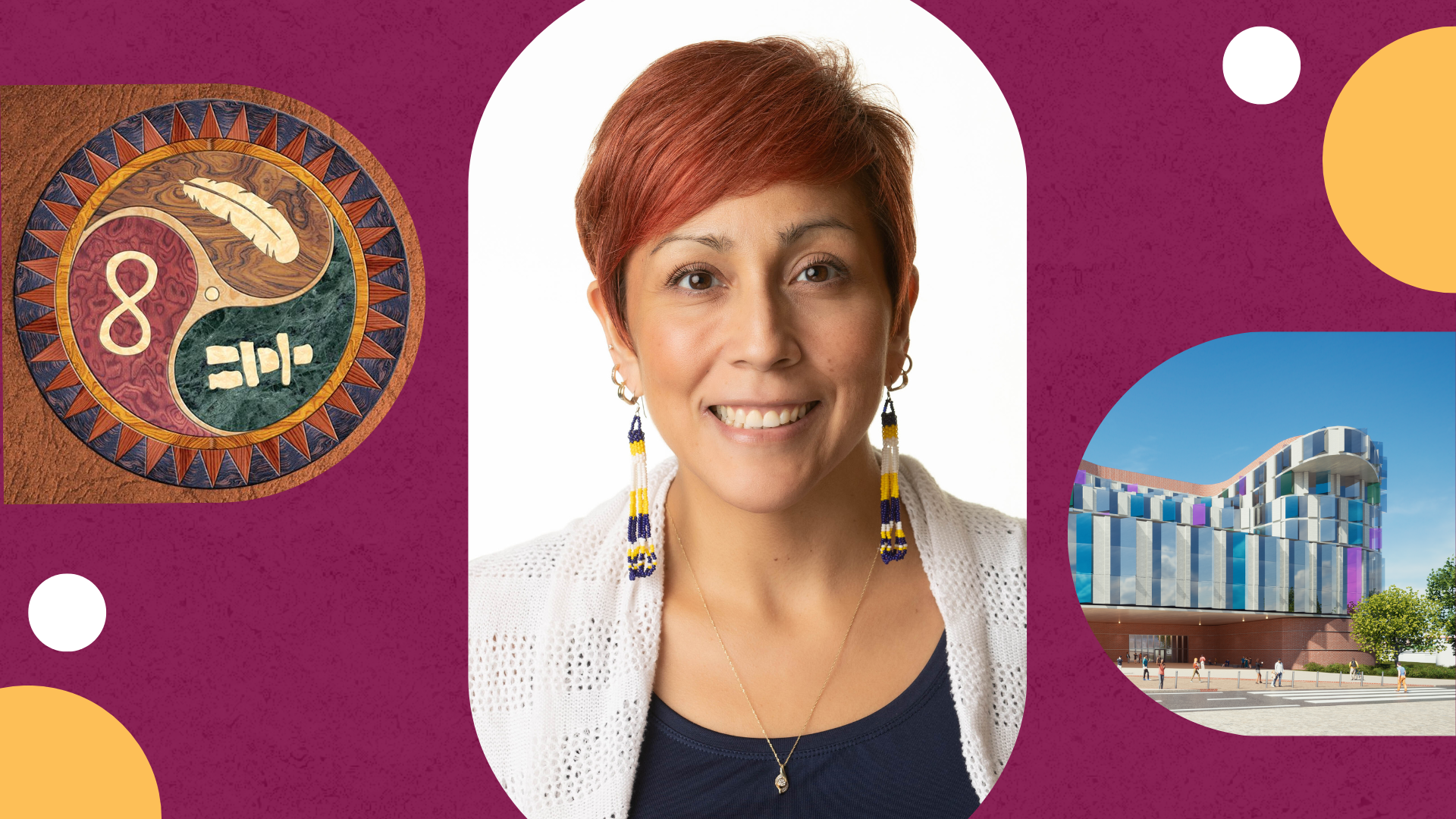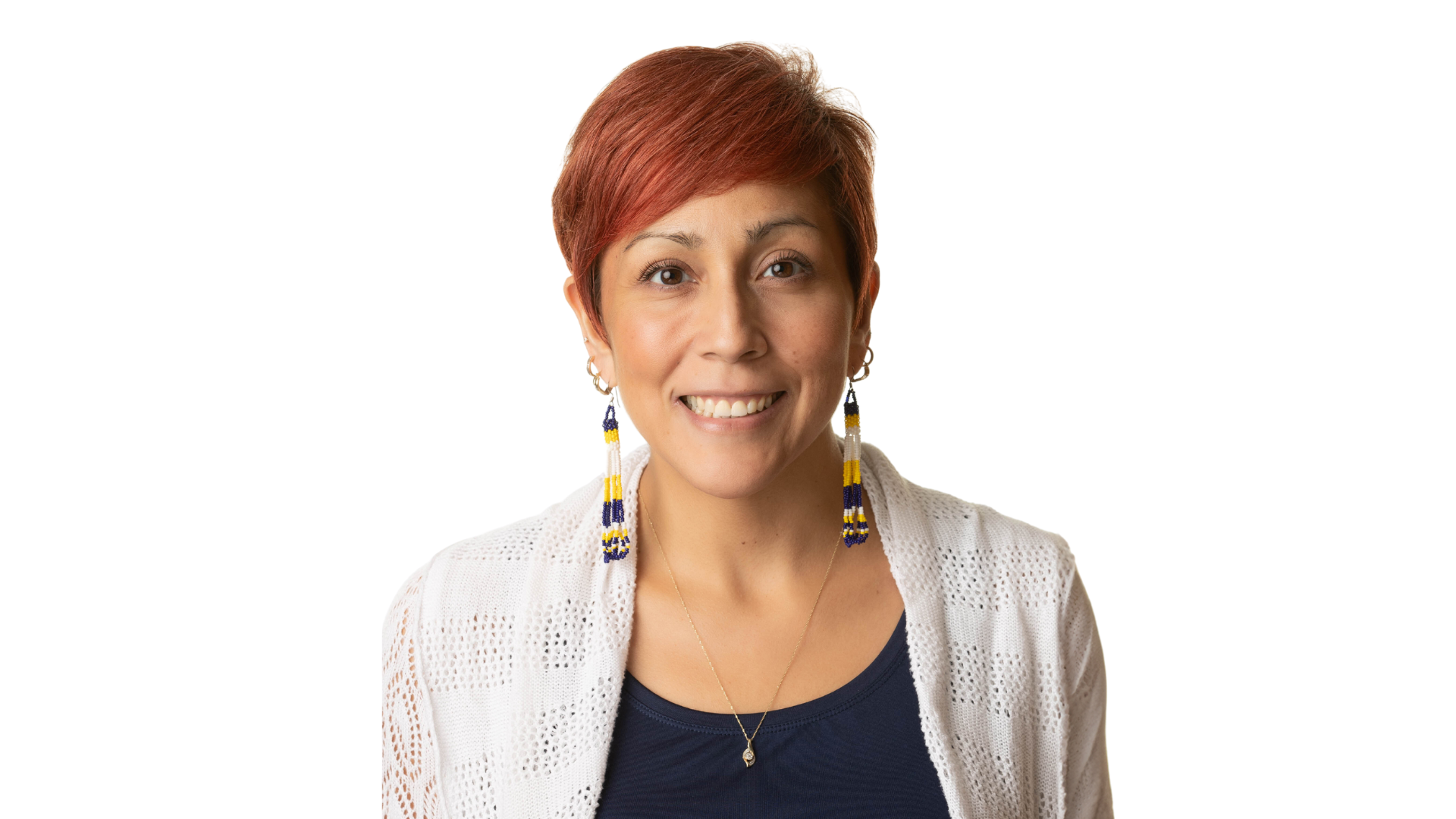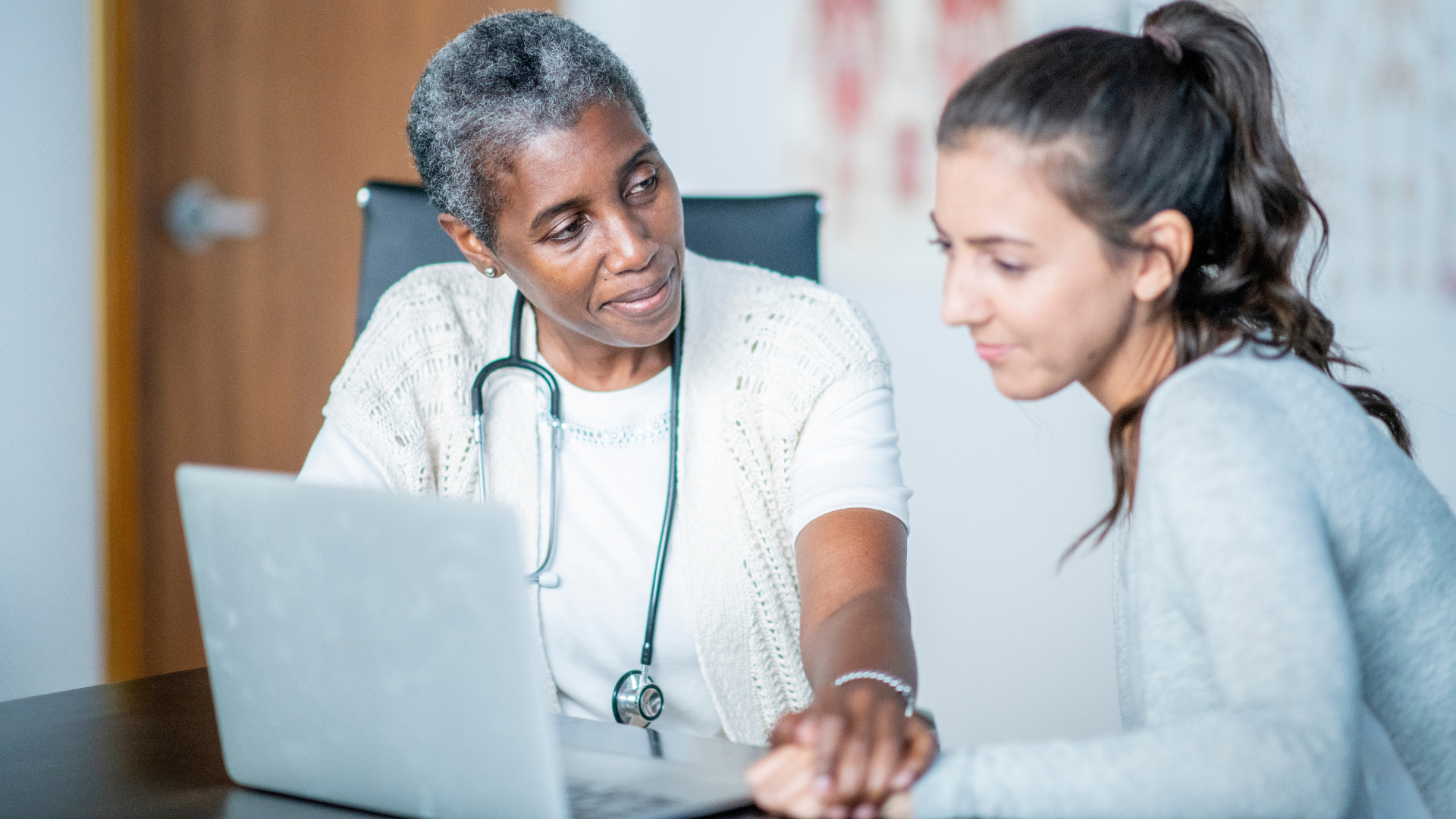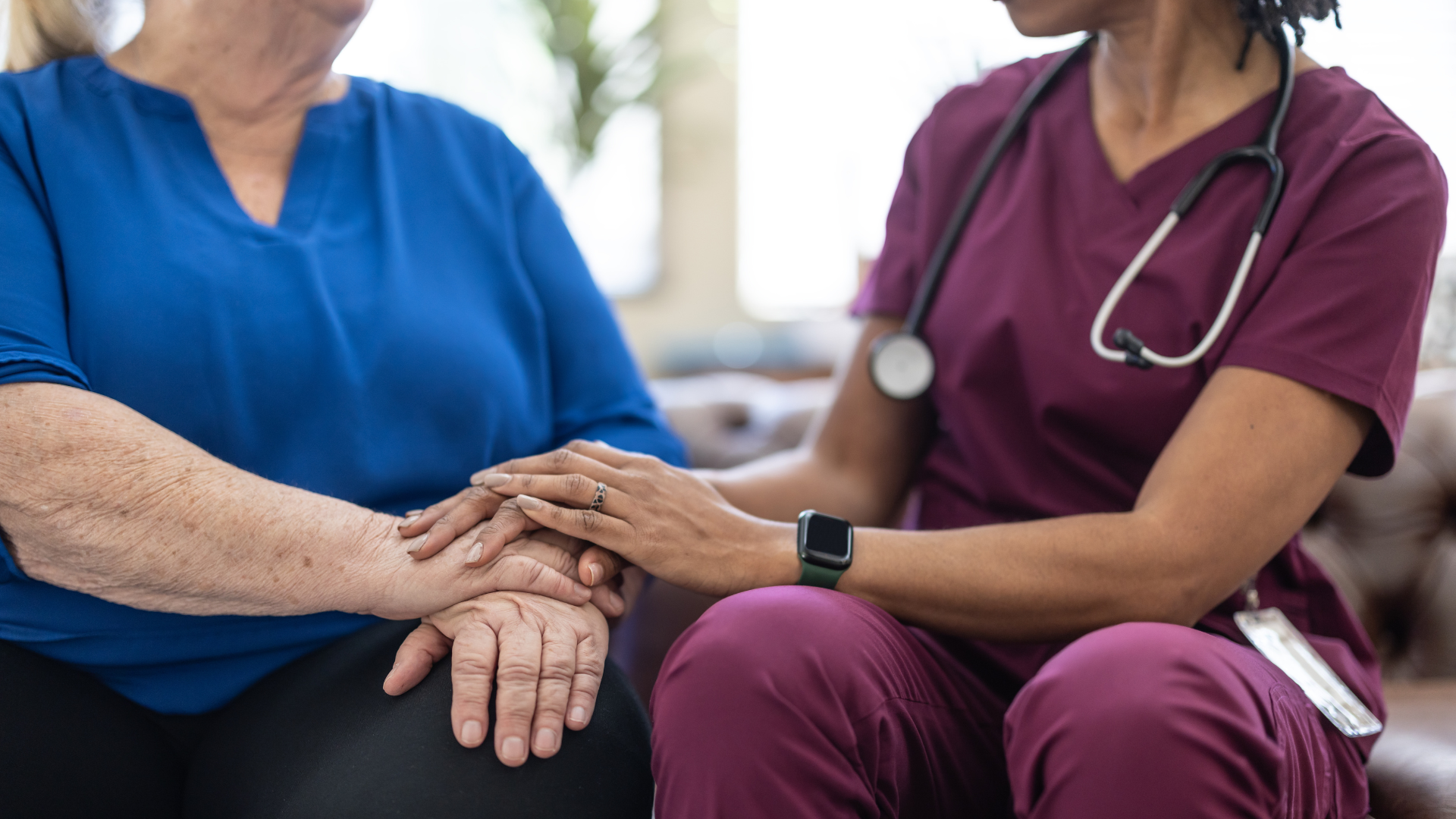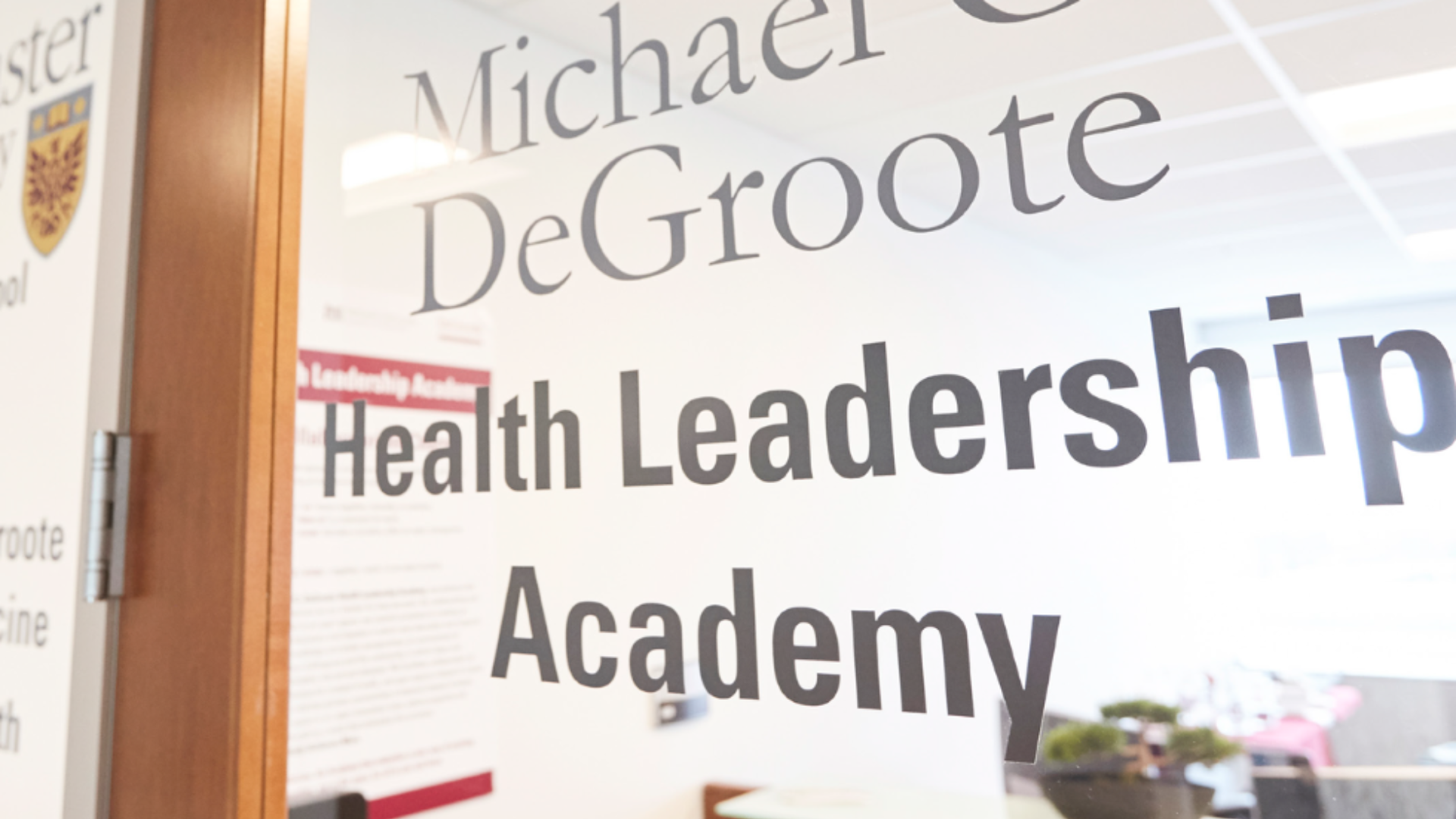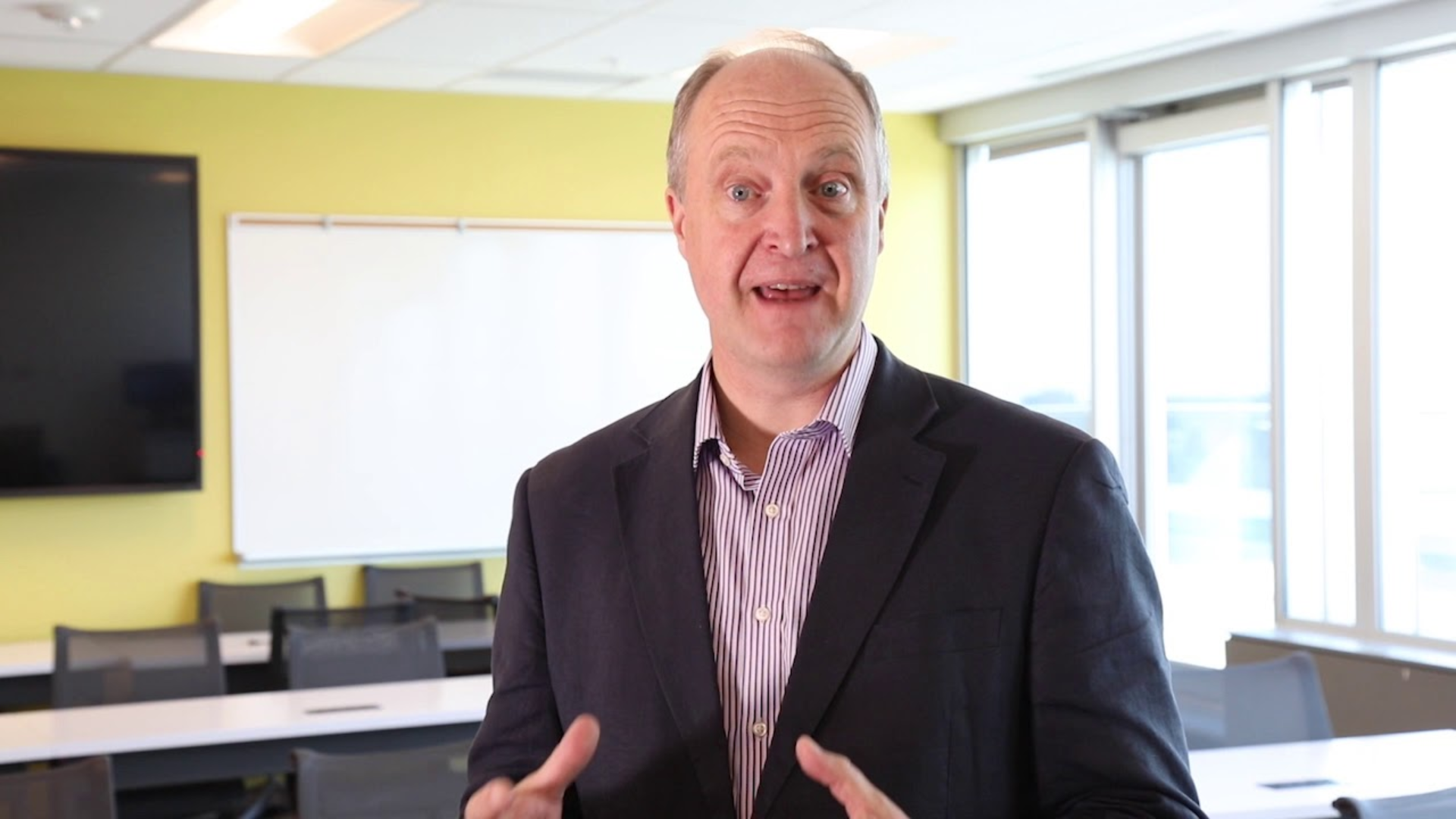SOCIETAL IMPACT STRATEGIC PLAN | ENGAGING COMMUNITIES
Embracing change: Lori Holloway on using technology and collaboration to improve healthcare
October 3, 2024 ·
Contributed by: Natalie Plechinger, Communications Assistant
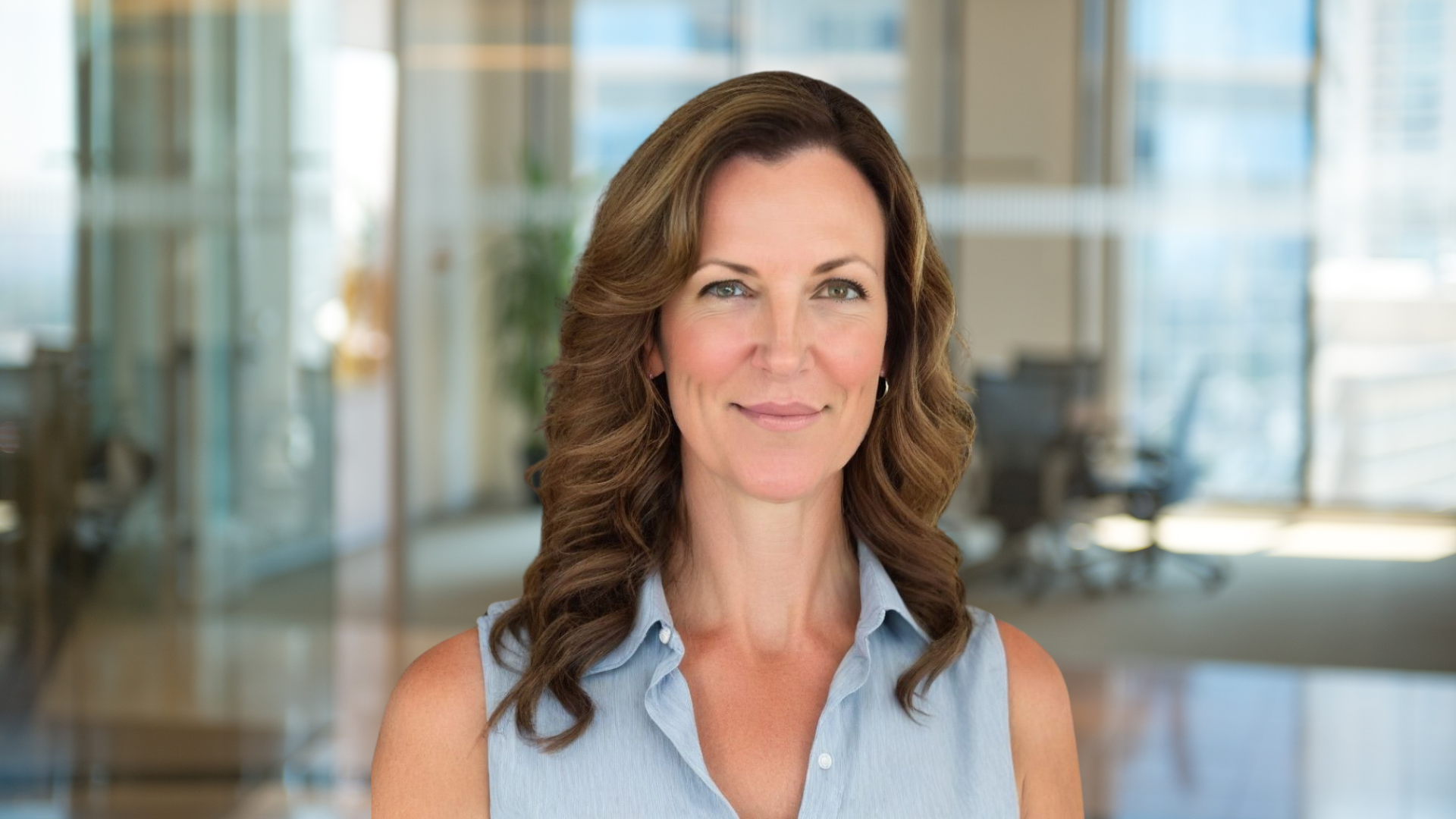
Lori Holloway is a dynamic and passionate leader bringing a rich background in community-based healthcare to the Health Leadership Academy as a National Health Fellow. She is dedicated to supporting organizations in enhancing outcomes, operations and strategy within the healthcare sector. She is a leader and advisor in home and community care.
Lori discusses how emerging advancements in healthcare technology could provide greater social autonomy for individuals with disabilities, the importance of patient accessibility to innovative care supports and the power of diverse collaboration.
What are some of the disruptive forces in healthcare that you think we should prepare for?
Limited human resources are going to be a major disrupter because we have rapidly shifting patient demographics, and we do not have enough people to support them. But the things we saw in Palo Alto gave me renewed faith; there may be alternatives we have not thought of before to address some of these significant gaps. By seeing different people collaborate at work to think outside the box, I think we could figure this out.
How do you think the advancements in healthcare you saw in Palo Alto relate to what the National Health Fellows are trying to accomplish?
I see a huge commitment to collaboration and thinking outside the box. We are all operating from the same reality – nobody is coming to save us.
It is up to us as leaders to find the solutions. Having our cohort theme focus on public and private partnerships has been enlightening for a lot of people in the group, including myself. Exposure to the people around the table has really expanded my thinking on who I need to be connecting with and who could provide solutions, to not just support the goals of my organization, but also the things that I wish to achieve for my community and the health system overall.
With all these developments in healthcare and tech, how do you think you can leverage it to add value creation and positive change in your own organization?
The fellowship has been a great catalyst for me in reflecting upon my own personal growth. I understand the healthcare challenges differently from having exposure to fellows in different leadership roles from all over the country. That has been very helpful, and it has reinforced the importance of collaboration and the continuous drive for impactful change. Having the time to lift my head up from my current reality in my own organization and completely plug into a group and a movement has energized me. I think differently about where I can grow in the future, I feel much more confident.
How do you think the cohort can work to ensure technological advancements in healthcare work in favor of marginalized communities?
We have a broad representation of people and there are some really interesting perspectives around the table from those who have experience supporting marginalized communities. So, it has been a very inclusive conversation to ensure we advance technology for marginalized communities. We all have to be advocates and think about who else needs to be in the room and who else needs to be a part of this conversation. When you are planning for fully accessible services, that is one way to ensure that nobody is left behind. If you are thinking about services, support, technologies and solutions, you have to plan it from a place of accessibility so many more people will benefit.
How can technology help healthcare providers bring better, more coordinated healthcare to patients?
We have to embrace the coming change. It is a striking revelation to spend time with entrepreneurs and innovative people who work on policy. They think differently, they partner differently, and they have embraced the potential of AI and predictive analytics to personalize care. The ability for us to take those ideas for predictive solutions in health issues, get upstream before things manifest and then tailor interventions; I think that could be a game changer. But through my lens of home care, community support services and disability services, I also see the opportunities for these important players in our health care system. Specifically, AI and language models could be pivotal playing a role in alleviating social isolation. For example, virtual companionship could generate engaging conversations for people that feel quite lonely. I have a constituency of people who have significant communication barriers, so there is huge potential to bridge communication gaps. It could be much easier in the future for those people to interact and have a sense of inclusion and belonging in society. I see so much potential around communication and cognitive barriers in the future.
Now that you have completed Module 2 of the National Health Fellows program, how do you see this program impacting your work and enabling you to be a part of a bigger system of change?
The exposure, instruction and speakers were phenomenal. The day at Stanford University and the presentations from renowned professors, Kaiser Permanente and the Center for Social Innovation was my favorite day by far – I was blown away. My thinking has been completely changed around how I envisioned a system where technology and human touch can coexist. I had some preconceived notions about technology and losing the humanity of service. But if we embrace technology, I believe it can be a very personalized experience and it could be proactive and accessible to everyone. I feel this experience reaffirms my commitment to innovation and partnership across the spectrum of healthcare. It is not just about community care, home care, or acute care; we have to ensure that we are meeting the needs of everyone today, but also preparing for the challenges of tomorrow.

